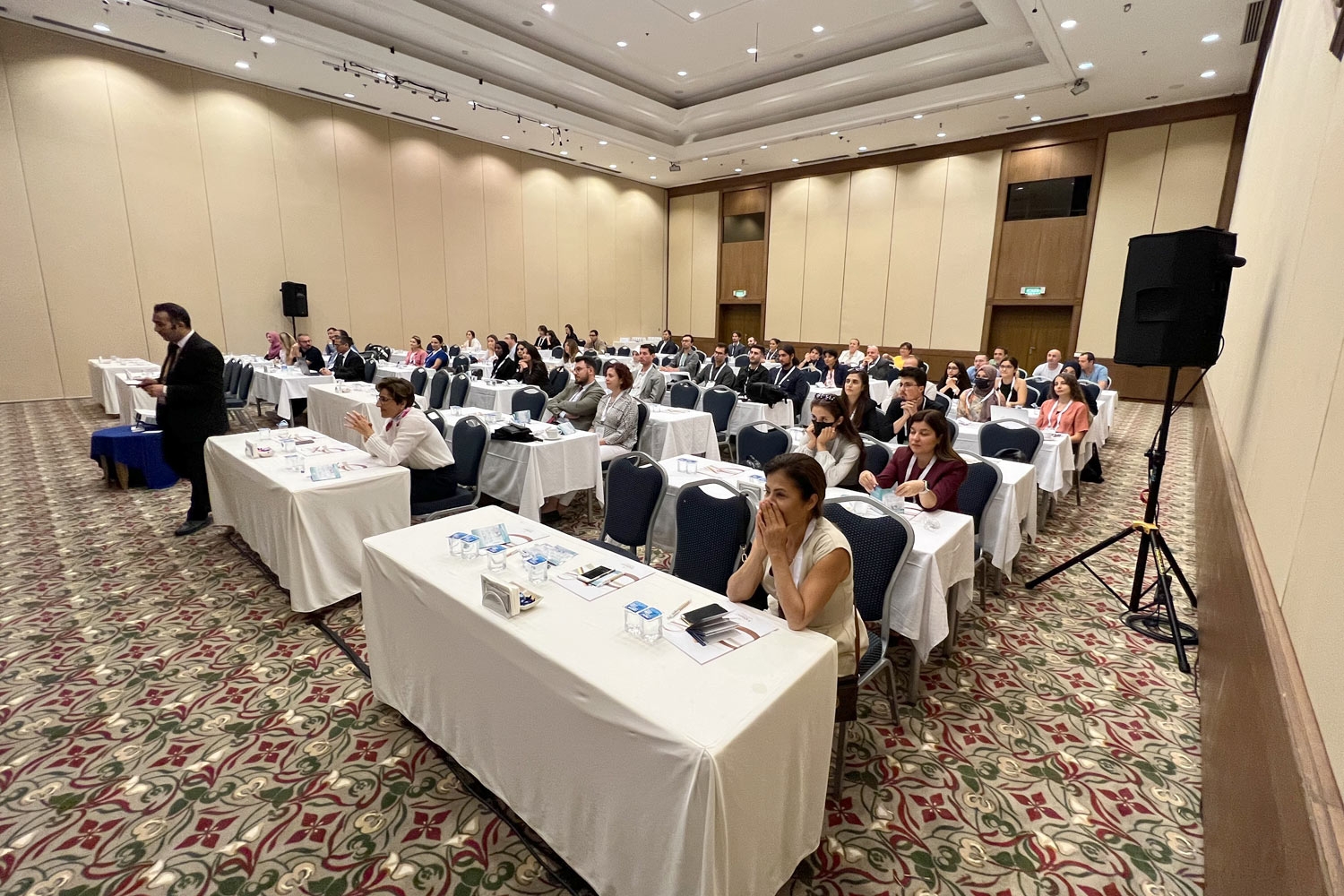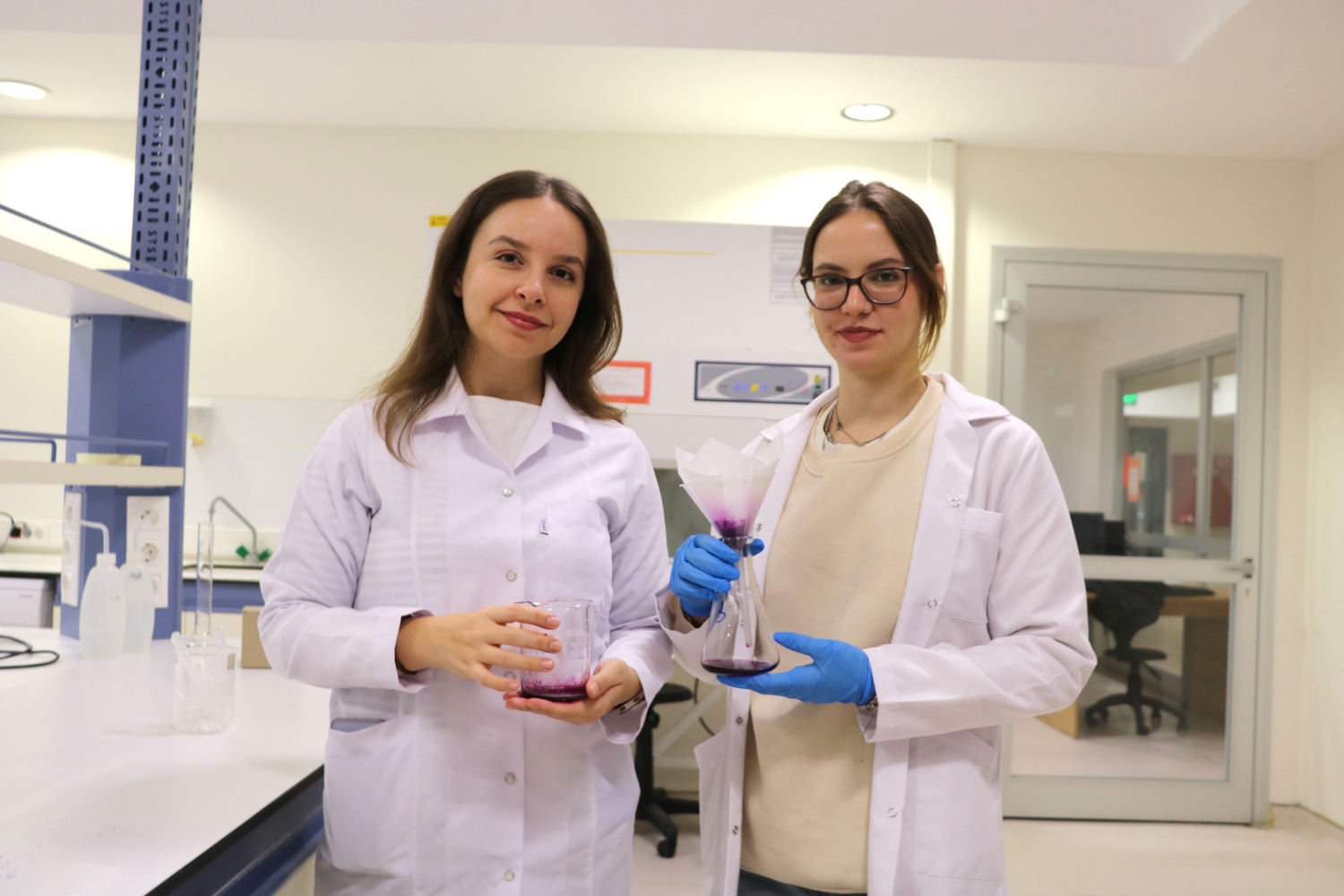
The 3-week Bioinformatics Bootcamp
The 3-week Bioinformatics Bootcamp, organized by our university's IEEE EMBS and CS student branches, has been successfully completed. Research Assistant ...

Technical Trip to THI Medical Company with Our Students
Biomedical engineering students visited THI medical company. ...

The study "Detection of Melanoma from Dermoscopic Images" received an award.
The project by our students, which enables early detection of melanoma (skin cancer), has been awarded a prize. ...

Biomedical Engineering Erasmus Agreement was signed with Universidad Jaume University, Spain
The signing process for the agreement with Universidad Jaume for Biomedical Engineering has been completed. Our students can add this ...

OCCUPATIONAL HEALTH AND SAFETY TRAINING
Within the scope of BME 318 course, an Occupational Health and Safety Seminar was given to Biomedical Engineering students by ...

An Oligonucleotide Story by Assoc. Prof. Dr. Osman DOLUCA
Within the scope of the Biomedical symposium organized by İzmir Katip Çelebi University Biomedical Society, our department chair, Assoc. Prof. ...

...







